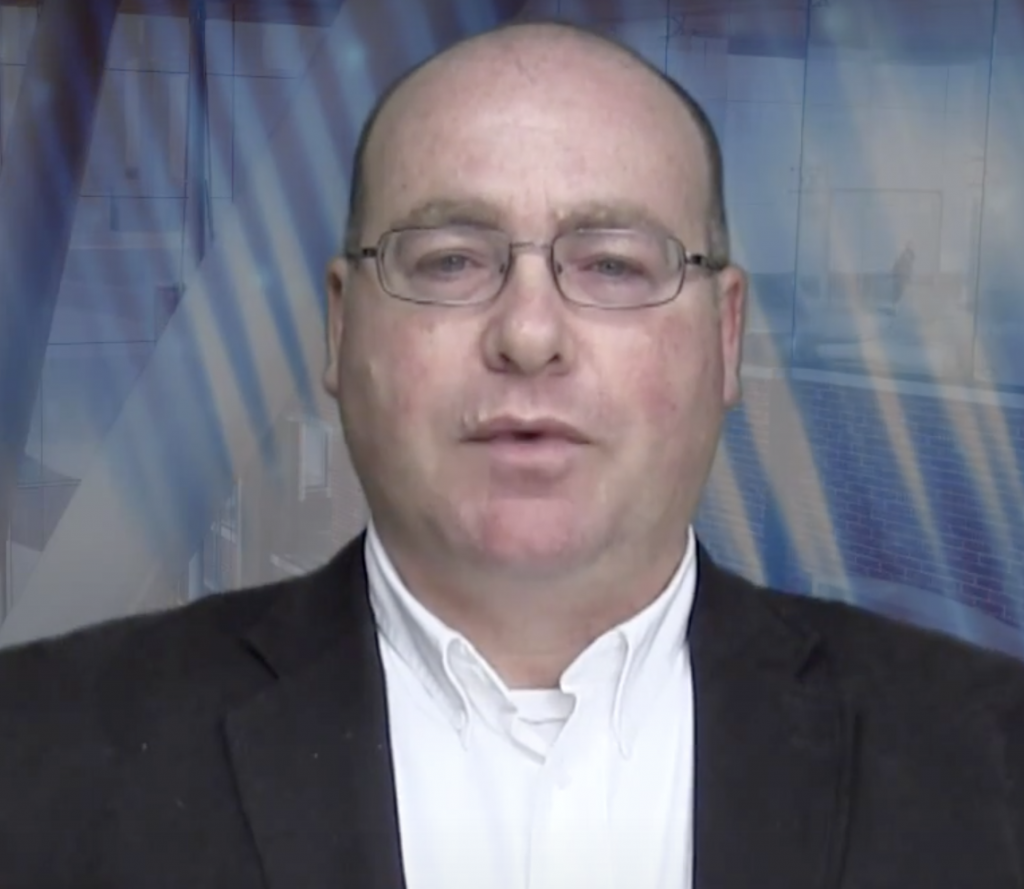
Features
Business intelligence
Editorial: Are we in or out?
We need to decide if this industry thing really works for us.
September 29, 2021 By Patrick Flannery
 Patrick Flannery, Editor, Glass Canada
Patrick Flannery, Editor, Glass Canada Readers of this magazine will remember the Xinyi debacle, chronicled by Frank Fulton, in which a proposal to build a float glass plant near Guelph, Ont., was torpedoed by a vocal group of environmental activists advancing evidence-free concerns about groundwater use, among other objections. Now, the good folk of Guelph have risen up again in opposition to another industrial development proposal, this time for a plant to manufacture refrigerators and freezers. A process, by the way, that is already taking place in nearby Georgetown.
The complaints seem familiar, even though the industry and process are completely different. Groundwater is being brought up again, even though the new plant doesn’t draw any for its production process. The opposition groups are raising the spectre of fuel spills from trucks and foam from firefighting efforts in the event the plant has a fire. Given this concern, it’s hard to see what development could possibly meet their approval.
Well, actually there is one. Some of the objectors mentioned the need to preserve farmland. Funny, I thought fires and spills happened on farms, too. Not to mention the introduction of tanks full of pesticides and fertilizer. But let’s leave that aside to address the question of why apparently any industrial development can no longer go forward in Ontario.
There have always been people who don’t like factories and cities. They place great emphasis on their concerns for the health, social and economic consequences of damaging the environment, and also raise moral questions about destroying ecosystems and potentially entire species. I’m not here to litigate the environmental debate; suffice to say I’m sympathetic to each side on certain points. But it seems indisputable that, for better or worse, modern society depends on some level of industrial activity in order to function. These proposals for development keep coming before city councils and they are backed by large companies and financial institutions comprising thousands of people. I don’t know what the polling numbers show in Guelph, but I bet there is at least some support for a new plant with all the investment and jobs it would bring. Obviously, Guelph councillors have to follow the mandate of their constituents. But is that mandate really reflected in the loud groups who appear at these planning meetings?
Making decisions can be scary, but I think Guelph councillors and their fellows across the province and the country need to make one on this larger issue. If proposals come before them that meet all the regulatory burdens (of which there are many), yet can still be killed simply through the vocal opposition of a possibly non-representative group, then government simply loses the ability to do anything, for good or ill. There will always be opposition to anything from some quarter. Municipal governments should take a clear position on whether they support industrial development in their precincts or not, and communicate it openly. If they do, they should face down opposition when proposals meet the standards set out for them. If they don’t, they should say so, and companies can stop wasting their time. •
Print this page
Leave a Reply